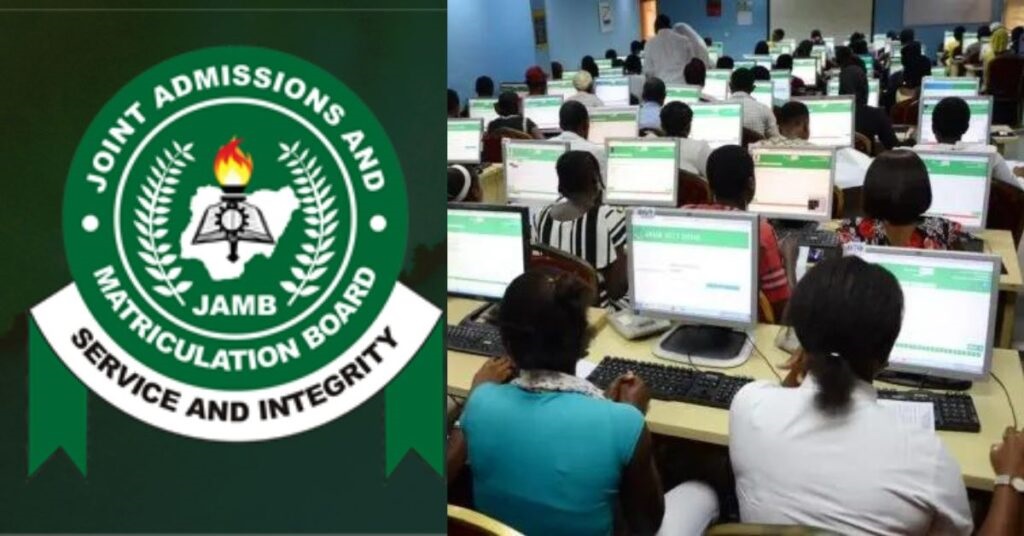The 1.5 million candidates who scored below 200 out of the 1.9 million who sat for the 2025 UTME conducted by the Joint Admissions and Matriculation Board (JAMB) have ignited national concern.
The concerns are in relation to the quality of education and students preparedness in the examination.
Reacting to the development, Ike Onyechere, Founder, Exam Ethics Marshall International (EEMI), in an interview with the News Agency of Nigeria (NAN) in Abuja on Tuesday, said that the outcome was not surprising.
According to Onyechere, the examination is now being administered with ethics and professionalism hence the massive failure.
He added that the massive failure had exposed the deep-rooted problems in the nation’s education system.
”JAMB has made commendable efforts to ensure the integrity of the examination process by reducing opportunities for malpractice.
”I don’t think the JAMB statistical analysis should surprise anybody,” he said.
He emphasised that universities were increasingly alarmed by the academic quality of incoming students, noting that many of them lack basic foundational knowledge necessary for tertiary education.
Onyechere attributed the trend to systemic issues, including inadequate preparation, the inclusion of underqualified candidates, and a widespread cultural dependence on exam fraud.
”There’s moral infrastructure decadence in the system. It’s not just about the students. It involves stakeholders; schools, parents, and the government.
“Many students rely on fraudulent means to pass, and now that JAMB has blocked those avenues, their lack of preparedness is glaring,” he added.
He also noted that many candidates were not academically ready, as some were still in SS2 or underage, having not completed the syllabus.
He proposed a reform in the registration process, suggesting that only candidates with five credits in WAEC or NECO be allowed to sit in future for the UTME.
According to him, this will significantly reduce the number of applicants from nearly 2 million to about 1 million and ensure a more qualified candidate pool.
He also dismissed claims that the Computer-Based Test (CBT) format could be a barrier to performance.
”The CBT is easier in many ways. It’s mostly objective, and technology is now part of everyday life, even market women are technologically inclined. We can’t blame CBT for the poor results,” added.
Onyechere urged students to focus on talent discovery and career alignment rather than chasing certificates.
“Exams are not rocket science. It’s about working hard and understanding your strengths. Education should be a journey of self-discovery, not just certification,” he said.
He applauded government efforts to prioritise trade and vocational subjects in the curriculum, underscoring the importance of practical skills in today’s world.
He called on education stakeholders to reflect on the deeper issues in the examination failure and implement reforms to save the future of Nigeria’s academic system. (NAN)





